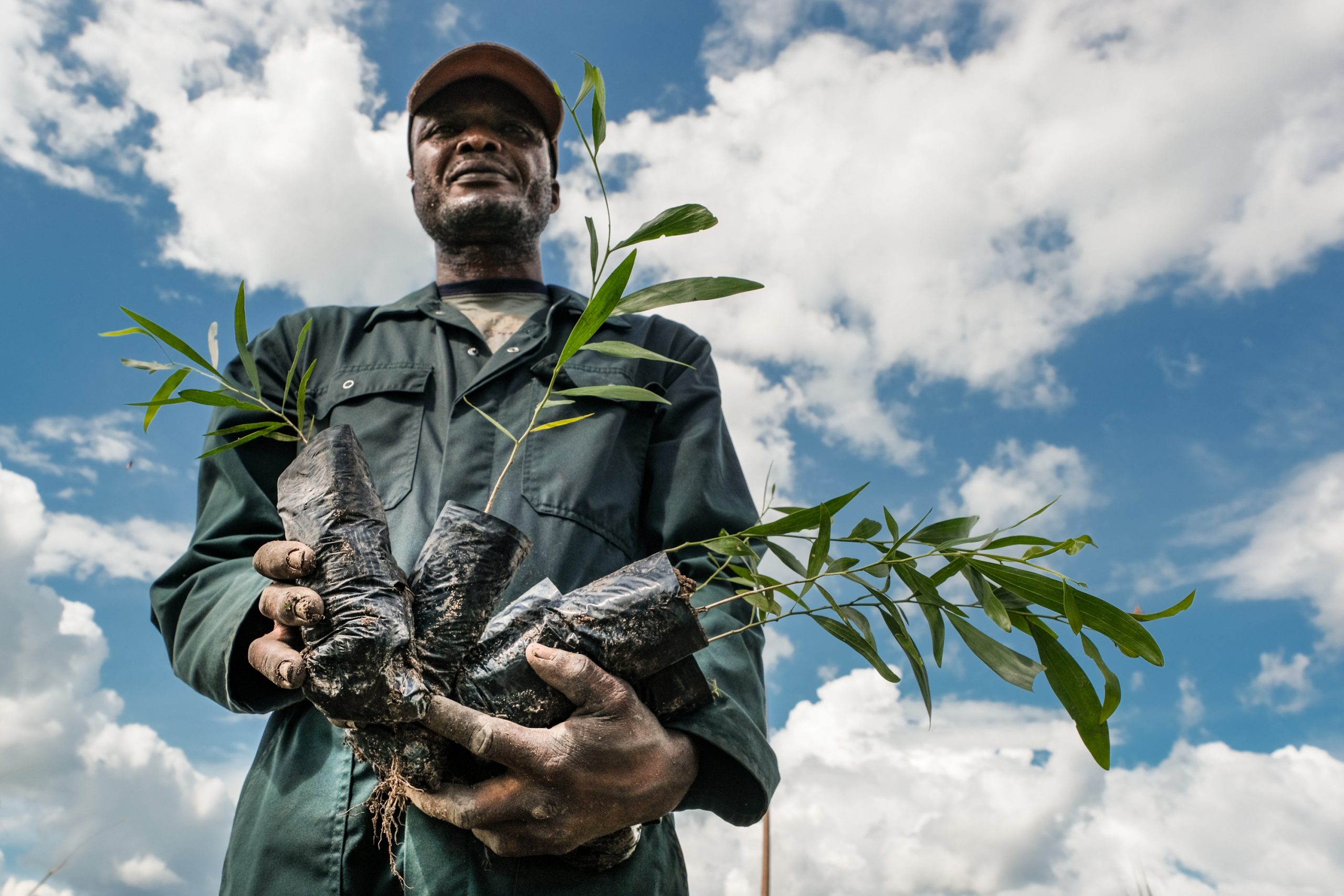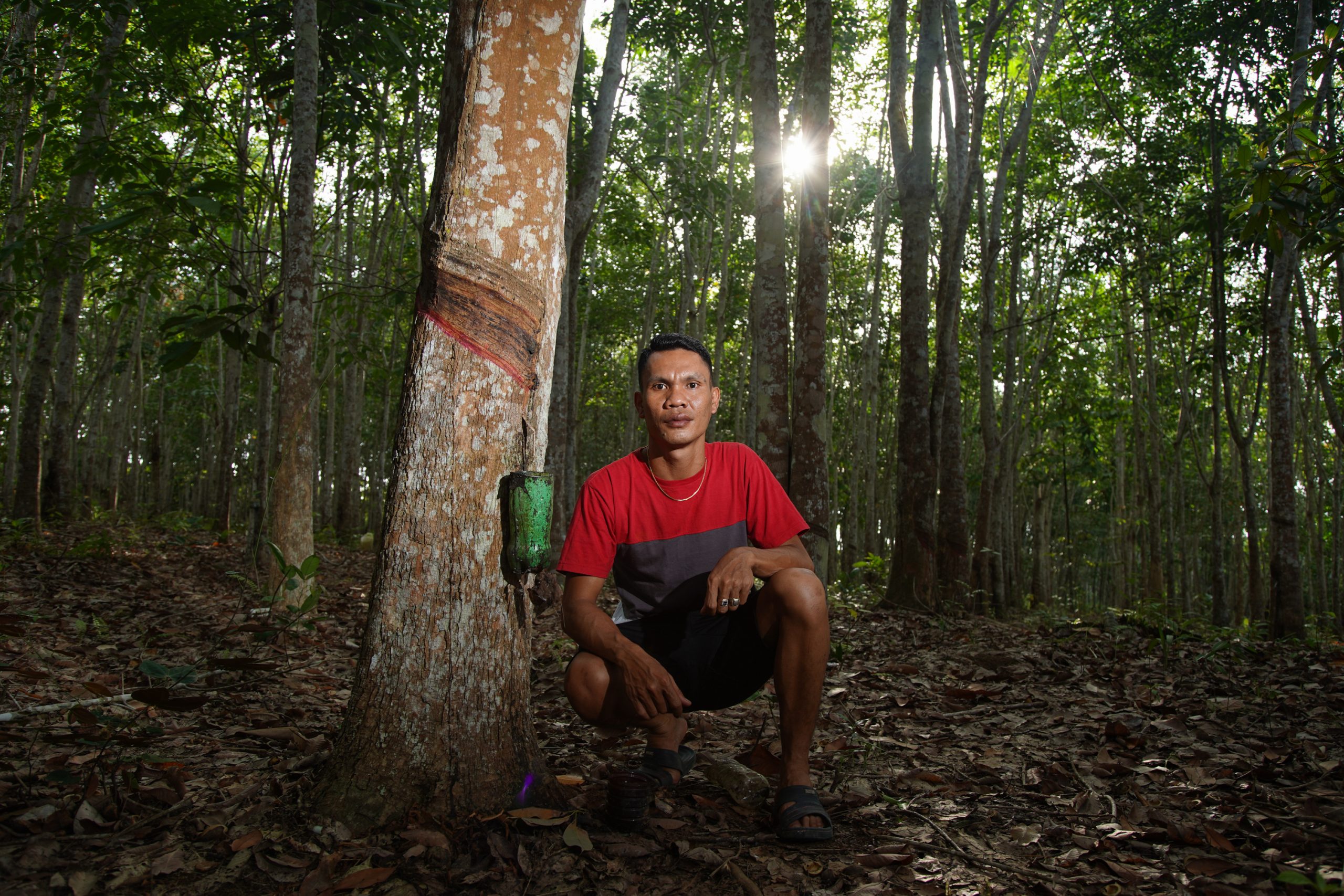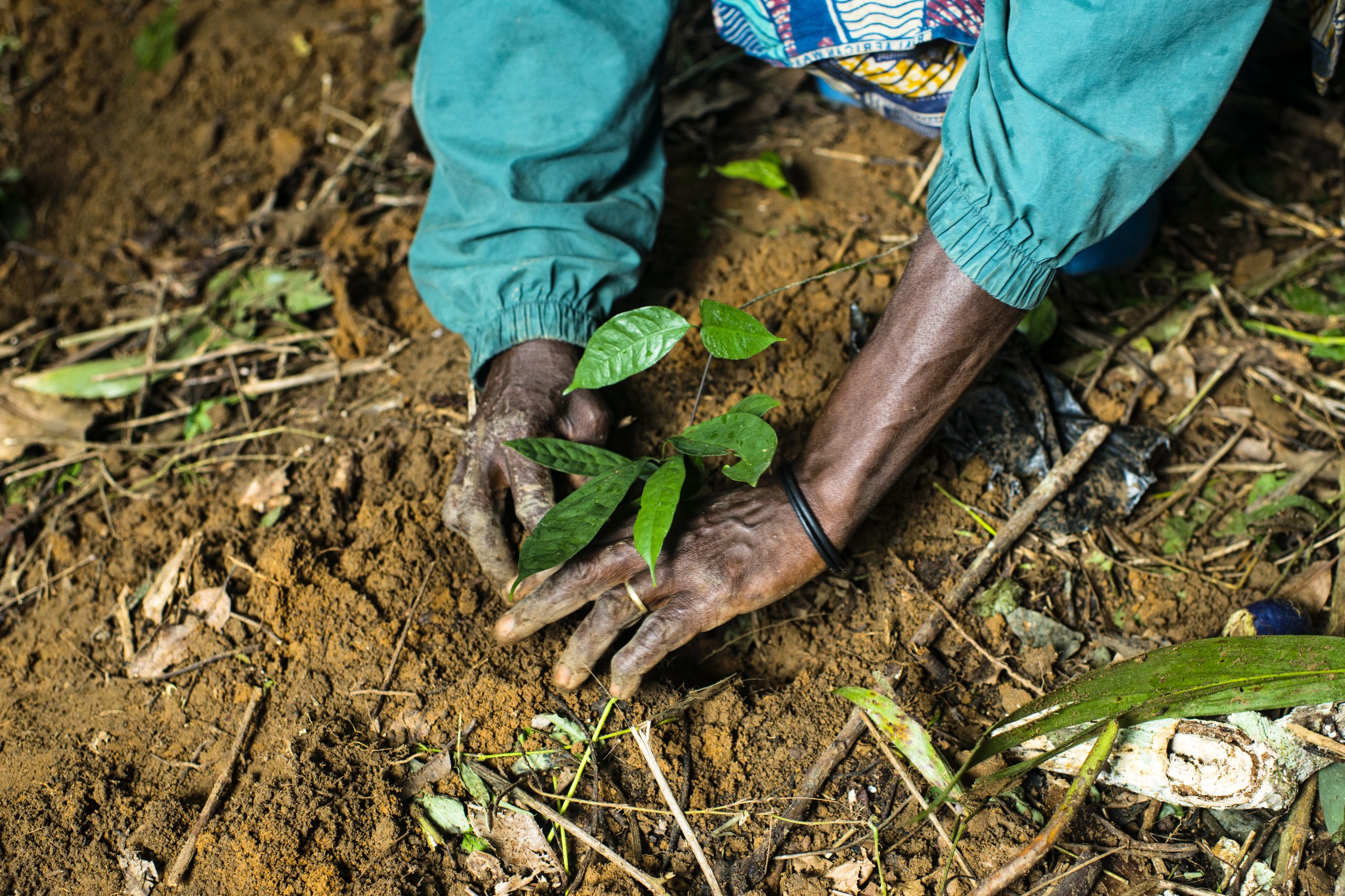Duration of engagment
Short-Medium (6 months – 2 years for a discrete policy)
Cost
$-$$, depending on the extent to which companies provide direct funding support for government activities as opposed to engaging in dialogue and advocacy
In the real world
Indonesia integrates local approaches and national plans
The National Planning Agency of Indonesia (Bappenas) expressed interest to integrate the jurisdictional approach concept as a way to accelerate achieving sustainable food and agriculture into national development planning. With support from the German Agency for International Cooperation (GIZ), Bappenas engaged the Sustainable Districts Association (LTKL) to devise a means to align the jurisdictional initiatives it supports with the National Medium-Term Development Plan (RPJMN) technical framework. LTKL and its partners had companies join workshops to develop the concept to integrate the jurisdictional approach into this key policy document.
Preparing a ‘master class’ in sustainable investment
LTKL is also working with companies that source from its member districts across Indonesia to implement Master Classes in Sustainable Investment. These courses equip economic development officers with the skills and tools to develop viable portfolios that will attract potential investors. An impact investment firm, Kinara Indonesia, helps districts prepare and present enticing pitch decks, while commodity sourcing companies review portfolios and consider co-investment in new business ventures linked to their supply chains. The goal is to bring new investors and businesses into the districts to fund activities that directly support jurisdiction-level sustainable production and forest protection goals. Companies that have agreed to co-invest include Kyuden Mirai Energy, Potato Head Group (a leading national hospitality company), and the Sustainable Coffee Association of Indonesia.
Collaborating on commitments to deforestation-free cocao
In West Africa, more than 25 cocoa and chocolate companies collaborating through the World Cocoa Foundation pushed for national commitments that would address cocoa-driven deforestation. Corporate advocacy led to creation of the Cocoa and Forests Initiative in 2017, when these companies signed Joint Frameworks for Action with the governments of Côte d’Ivoire and Ghana pledging to end deforestation and restore degraded forests. After two years, deforestation continues to be a challenge, but companies have taken important steps to implement the national pledges. They have increased traceability in their own supply chains, implemented protocols to eliminate deforestation from their cocoa sourcing, and supported efforts to expand forest cover through cocoa agroforestry.
Shaping national forest policy in Côte d’Ivoire
In 2019, Côte d’Ivoire’s new Forest Code provided a framework for companies to promote cocoa agroforestry and restore forests in legally classified forest areas based on the level of nature degradation. The Ministry of Water and Forests is developing a decree with guidance to operationalize the Forest Code. Cacao sector companies have engaged with the Ministry, providing inputs and insights to support the development process.
Key points for companies

Engage with government counterparts through development and implementation of an L/JI to ensure that policy makers know and care about the initiative’s progress, see the value of company participation, and are motivated to apply emerging lessons to develop ongoing policy.

The timing and targeting of policy development will vary: some policies may need to change for an L/JI to get underway (for example, authorization for a government agency to participate in an initiative). Other needed changes may become clear only after there is some experience implementing an L/JI (for example, clarification of community forestry regulations). Engaging policy makers should be an iterative process. That’s why companies should offer themselves to policy makers as longer-term partners in the work of the initiative.

Getting governments to implement policy or enforce regulations may require companies to engage with agencies at both national and sub-national levels. Companies can call officials’ attention to issues with implementation and seek creative solutions with other stakeholders.

Promoting investment and supply chain linkage opportunities, as LTKL has done in Indonesia, can open new avenues and incentives for local, national, and international business partners to invest in sustainable production and protection. Companies with national and global reach can support investment plans, identify and recruit investors, and choose to co-invest in new ventures that add value for their supply chains.

To avoid the perception of influencing public officials to back private interests, companies should engage with government in open platforms alongside other L/JI stakeholders.
They should also clarify when they are speaking on behalf of the initiative and when they are lobbying for their own interests.
External conditions that improve likelihood of success
- Government has an interest in L/JIs to meet its policy and political goals
- The background policy environment enables policy makers to leverage multi-stakeholder approaches for land use planning and economic development programs
- There are mechanisms for involving government agencies in the L/JI, and for consulting them during the initiative as policy issues arise
- Joint learning opportunities focus on how government policy and its implementation have been affecting the initiative

The business case for this intervention
- Companies help L/JIs succeed by ensuring that government policies and implementation mechanisms are well-aligned with the initiative’s goals
- By engaging effectively with government on policy issues confronting a landscape/jurisdiction, a company gains credibility and demonstrates its commitment both to national development and commercial objectives
- Advocating for policy change jointly with NGOs and community representatives can boost company credibility and relationships with these stakeholders
- By helping jurisdictional governments attract new investors and sustainable businesses, companies can reduce pressure on forests, add value in their own supply chains, and expand and diversify the business and investment partners supporting the initiative

